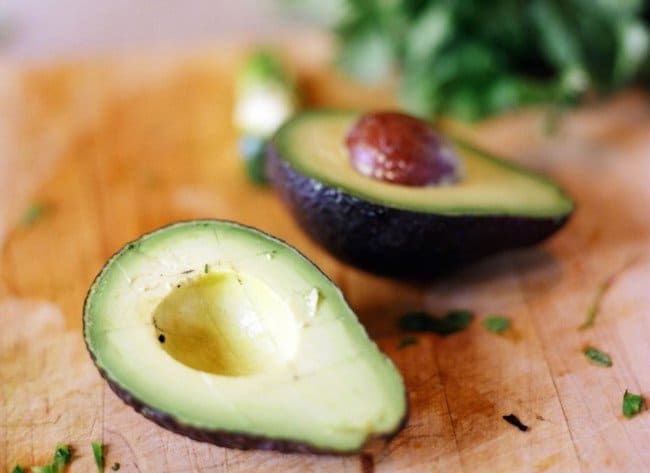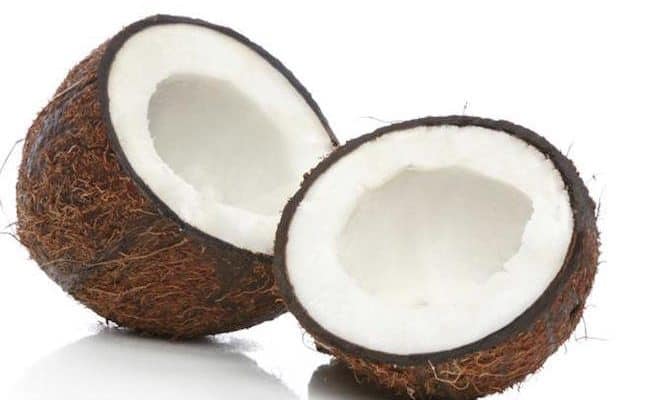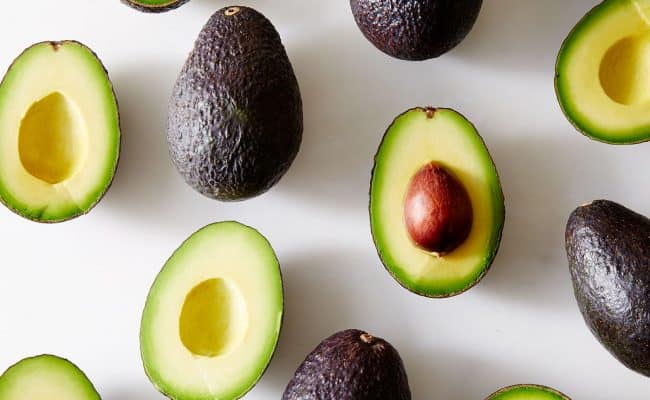
Fat has long been feared in the nutrition world. Fat has the greatest amount of calories per gram, so cutting out fat for weight loss has been common in the past. However, research continues to show the health benefits of fat and why it should be included in the diet even for weight loss.
The Mediterranean diet, which is rich in mono-unsaturated fat, has especially shown in research studies for providing many health benefits. Here are some reasons fat is important in the diet and which fats are considered healthy.
Which fat?
Not all fats act equal in the body. Some saturated and any trans fats can have harmful effects in the body including increasing risk for heart disease and potentially certain cancers.
Monounsaturated and some polyunsaturated fats are associated with health benefits like decreasing risk for heart disease. Other sources of monounsaturated fats beside olive oil include fatty fish, nuts and avocados.
The Mediterranean diet is rich in olive oil, fruits, vegetables, grains, legumes, seeds, herbs, fish and seafood while limiting red meats, sweets and dairy. The Mediterranean diet is high in monounsaturated fat and fiber; this may be the main reason a Mediterranean is associated with many positive health benefits.
Glycemic Control
A 2008 study from The New England Journal of Medicine suggests following a Mediterranean diet can help with glycemic control. Eating monounsaturated fats at meal times may help regulate blood sugar.
Heart Health
The Mediterranean diet, and specifically high olive oil consumption, has been associated with decreased risk for heart disease and benefit to blood lipid profile. Monounsaturated fats can help raise high density lipo-protein, i.e. the good cholesterol, and help lower low density lipo-protein, the bad cholesterol.
High monounsaturated fat consumption may help lower blood pressure along with eating a diet high in fruits and vegetables. A Mediterranean diet may also decrease blood clotting and platelet aggregation, which can lead to a clot formation.
Eating a small handful of nuts could be beneficial for your heart. Nut consumption is associated with lowering risk of metabolic syndrome, lowering blood pressure, lowering cholesterol and reducing inflammation.
Weight Loss
Low fat diets have been recommended for weight loss commonly in the past. However, while low fat diets may be the best way to lose weight for some, it does not mean everyone will do best on a low fat diet for weight loss.
A 2008 study from The New England Journal of Medicine compared long term weight loss in subjects that were on a low fat diet, low carbohydrate diet or Mediterranean diet. The Mediterranean diet group consumed the highest amount of monounsaturated fat and fiber.
After two years of research participants being on one of these three diets, all lost weight. Researchers concluded the Mediterranean diet and low carbohydrate diet could be acceptable methods of weight loss instead of low fat diet approach.
A 2010 study from Nutrients suggest regular nut consumption is unlikely to contribute to obesity and can help with weight loss, despite their relative high caloric content. People wanting to lose weight should not cut out monounsaturated foods from their diet, such as nuts and olive oil.
Keep in mind nuts and oils are high in calories, so moderation is still key when eating them. Replace foods high in saturated fats with foods high in monounsaturated fats.
Reduced cancer risk
A 2010 review article from Nutrition, Metabolism & Cardiovascular Diseases found that countries with a high intake of olive oil had lower cancer rates compared to other European countries that did not consume as much olive oil.
This conclusion needs further analysis for understanding the relationship between cancer and monounsaturated fats, specifically olive oil, but a 2011 review from Current Pharmaceutical Design had similar results.
The 2011 review article concluded using olive oil in place of other fats higher in saturated fat could decrease risk of upper digestive and respiratory tract cancers along with decreasing risk for breast and colorectal cancer. More research needs to be done to determine what compound in olive oil may help reduce risk for certain cancers.
Monounsaturated fat is an important component to any diet because it can aid in reducing risk for chronic diseases like heart disease and cancers. Following a Mediterranean diet that is rich in olive oil may offer health benefits like improving glycemic control and can be followed for weight loss.
Omega 3 (monounsaturated fat) and omega 6 (polyunsaturated fat) are essential in the diet for humans. Americans typically get more than enough poly and saturated fats, but can usually stand to increase monounsaturated and omega 3 fatty acids.
References used in this article










